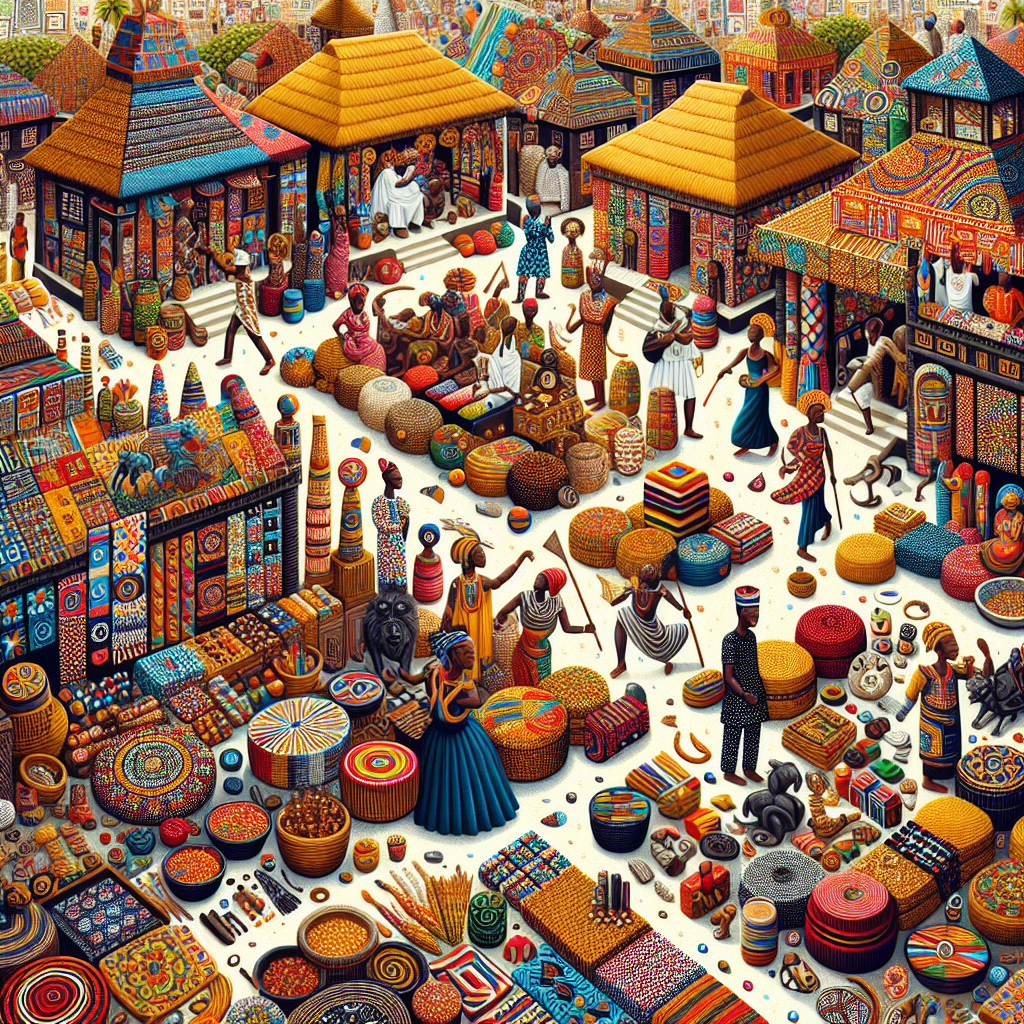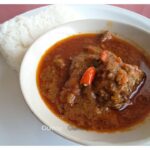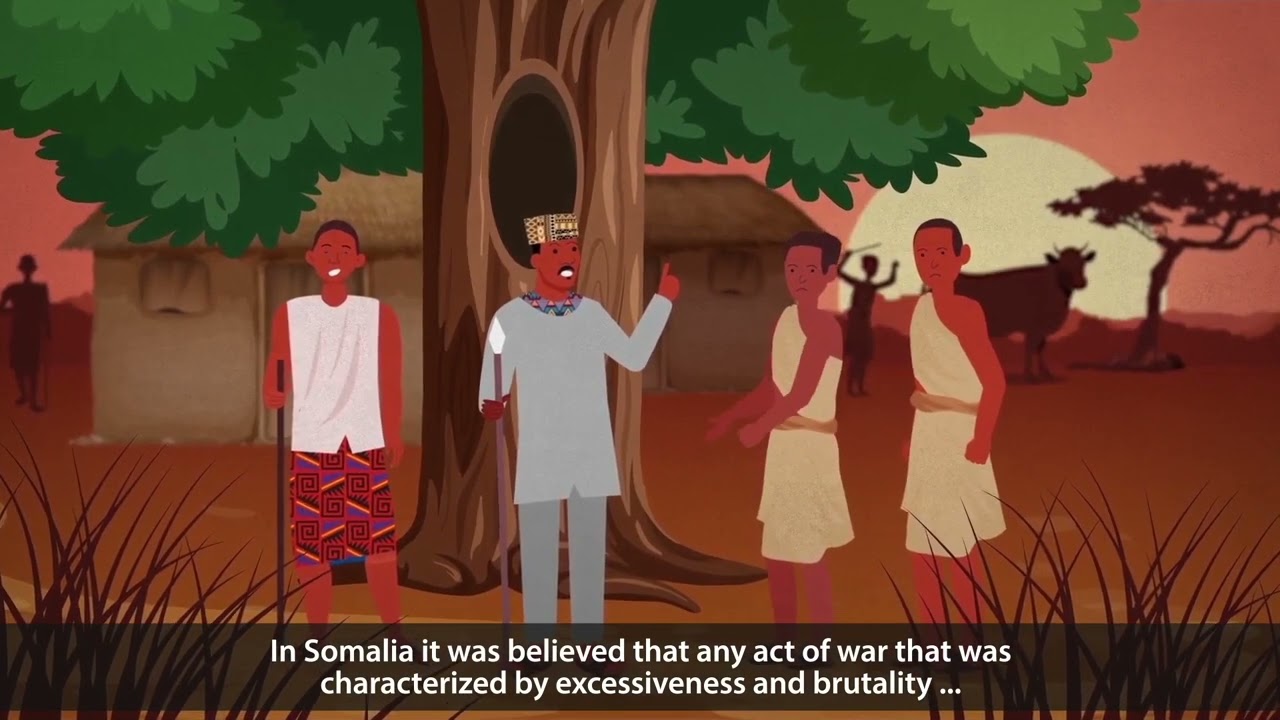Nigeria is a country brimming with diversity, rich history, and a wealth of cultural traditions. From the vibrant rhythms of traditional music to the intricate weaving of colorful fabrics, Nigerian culture is a tapestry of influences that have come together to create a unique and dynamic society.
One of the most prominent aspects of Nigerian culture is its music and dance. Traditional Nigerian music is a blend of indigenous rhythms with influences from other African countries, as well as European and American styles. From the pulsating beats of Afrobeat to the melodic sounds of highlife, Nigerian music is a reflection of the country’s diverse cultural heritage.
Dance is also an essential part of Nigerian culture, with each region of the country having its own unique traditional dances. From the energetic movements of the Yoruba dance to the graceful steps of the Igbo dance, Nigerian dances are a celebration of life, community, and heritage.
Another important aspect of Nigerian culture is its traditional clothing. Nigerian fabrics such as the colorful and intricately designed Ankara fabric are a symbol of pride and identity for many Nigerians. The art of weaving and dyeing fabrics has been passed down through generations, with each pattern and design telling a story of the wearer’s heritage.
Nigerians are also known for their rich storytelling traditions. Folktales, proverbs, and myths are passed down orally from generation to generation, preserving the history and values of the Nigerian people. These stories are not just entertainment but also serve as a way to impart wisdom and teach important life lessons.
Religion is another significant aspect of Nigerian culture, with Christianity and Islam being the two predominant faiths. However, traditional religions such as Ifa, Yoruba, and Igbo worship still play a vital role in the lives of many Nigerians, particularly in rural areas.
Nigeria is also famous for its cuisine, which is a delicious blend of flavors and textures. From spicy jollof rice to hearty egusi soup, Nigerian food is a reflection of the country’s diverse cultural heritage. The use of spices, fresh ingredients, and bold flavors make Nigerian cuisine a treat for the taste buds.
Overall, exploring Nigerian culture and traditions is a fascinating journey into a world of vibrant colors, hypnotic rhythms, and rich history. From music and dance to clothing and cuisine, Nigerian culture is a celebration of diversity and unity, weaving together the past with the present to create a unique and dynamic society.












